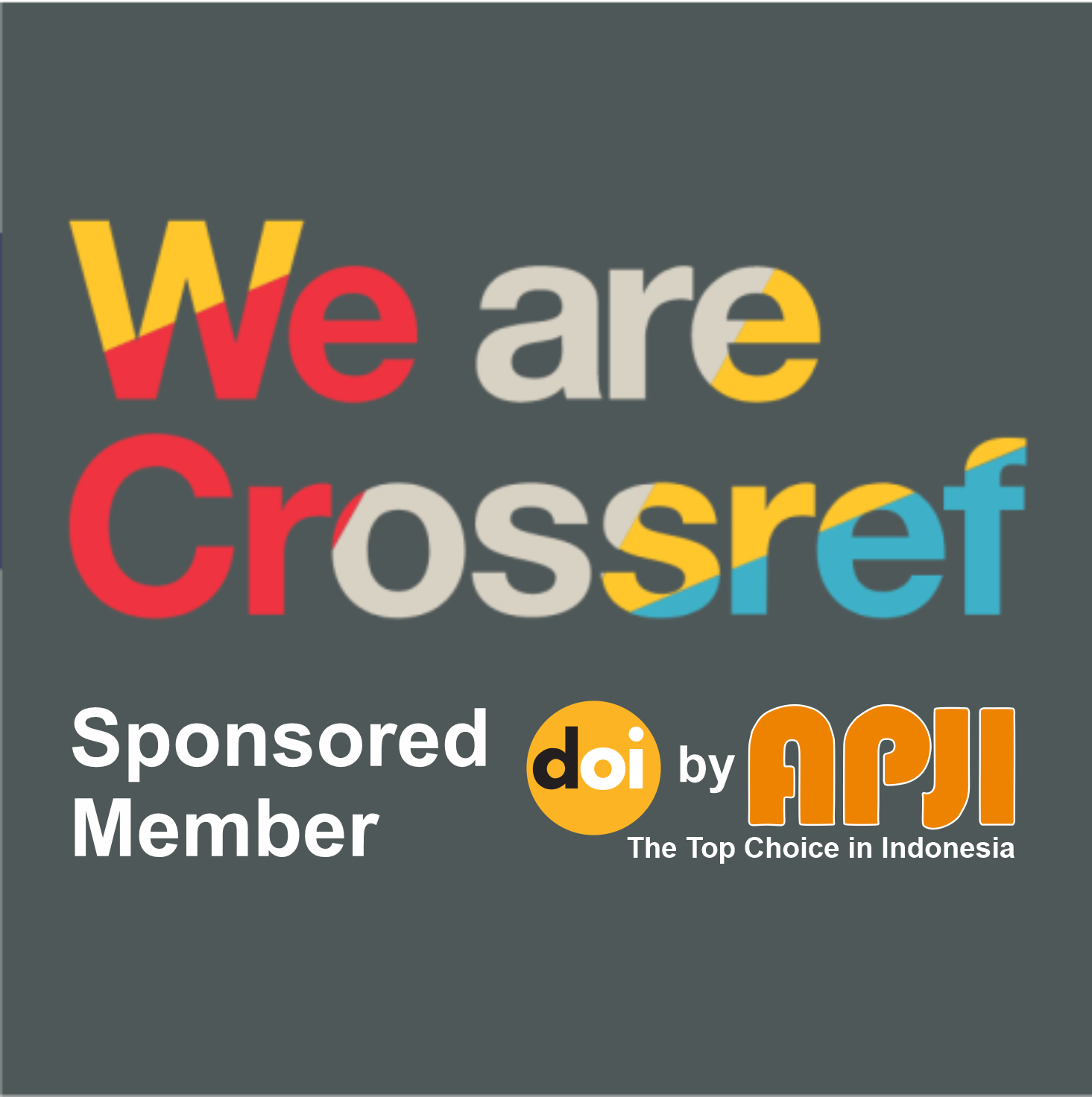Islamic Law Review of Crypto as a Digital Asset a Comparative Study with Positive Law
Keywords:
Crypto, Digital Assets, Islamic LawAbstract
The emergence of cryptocurrency as a digital asset has sparked intense legal debates, particularly regarding its acceptability within Islamic jurisprudence and its regulation under Indonesia’s positive law. As a novel financial instrument, crypto challenges conventional legal frameworks, raising questions about its legitimacy, function, and impact on consumer protection. This study aims to analyze the legal status of cryptocurrency from the perspective of Islamic law, especially through the principles of maqashid sharia and fiqh muamalah, which prioritize the preservation of wealth (hifzh al-mal), intellect (hifzh al-‘aql), and justice. It also investigates Indonesia's regulatory stance on crypto, focusing on its legal classification, functionality as a digital commodity, and mechanisms of oversight by authorized institutions. Furthermore, this study compares the views of Islamic and Indonesian law to identify areas of convergence, key differences, and the potential for legal harmonization. Methodologically, the research adopts a Meta-Analysis Literature Review approach, systematically synthesizing academic sources, fatwas, and regulatory documents relevant to crypto, Islamic legal thought, and digital asset governance. The findings reveal that while cryptocurrency involves speculative risks, it can be accommodated within Islamic legal reasoning if transparency, ownership clarity, and public benefit are upheld. Simultaneously, Indonesian law recognizes crypto as a legal commodity under the supervision of Bappebti. The study concludes that bridging Islamic and state legal perspectives is both possible and necessary to provide legal certainty and ensure ethical safeguards for Muslim users in the evolving digital economy.
References
Adzim, F., Harakan, A., & Haq, M. Z. U. (2021). Pendampingan Proses Penambangan Mata Uang Digital Untuk Pemuda di Kota Makassar. Jurnal Ilmu Pengetahuan dan Teknologi Bagi Masyarakat, 1(3). https://doi.org/10.54065/ipmas.1.3.2021.93
Anisa, D., Anggraini, T., & Tambunan, K. (2023). ANALISIS CRYPTOCURRENCY SEBAGAI ALAT ALTERNATIF BERINVESTASI DI INDONESIA. Owner, 7(3), 2674–2682. https://doi.org/10.33395/owner.v7i3.1698
Fitri, R. J., & Ismail, M. S. (2024). Transaksi Bitcoin dalam Perspektif Ekonomi Syariah. ISTIKHLAF: Jurnal Ekonomi, Perbankan dan Manajemen Syariah, 6(1), 60–86. https://doi.org/10.51311/istikhlaf.v6i1.652
Hasani, M. N., Ramadhan, M., Mariyani, K., Setiawan, R., & Sucidha, I. (2022). ANALISIS CRYPTOCURRENCY SEBAGAI ALAT ALTERNATIF DALAM BERINVESTASI DI INDONESIA PADA MATA UANG DIGITAL BITCOIN. JURNAL ILMIAH EKONOMI BISNIS, 8(2). https://doi.org/10.35972/jieb.v8i2.762
Huda, M., & Soelistyo, P. A. (2025). Analisis Hukum Islam dan Hukum Positif di Indonesia Terhadap Investasi Cryptocurrency. Journal of Islamic Economics, Banking, And Social Finance, 1(2). https://doi.org/10.61111/sebinomics.v1i1.794
Idris Siregar, Ucok Kurnia Meliala Hasibuan, & Hazriyah. (2024). Prinsip Prinsip Dasar Muamalah Dalam Islam. Morfologi: Jurnal Ilmu Pendidikan, Bahasa, Sastra dan Budaya, 2(4), 113–124. https://doi.org/10.61132/morfologi.v2i4.808
Iman, N., Amanda, M. T., & Press, U. (2024). Bisnis Internasional: Pengantar Strategi dan Operasionalisasi Pascapandemi. UGM PRESS. https://books.google.co.id/books?id=E_85EQAAQBAJ
Jannah, A. W. (2022). Perkembangan Hukum Positif Dan Hukum Islam Di Indonesia Terhadap Eksistensi Cyrptocurrency. JATISWARA, 37(1), 127–140. https://doi.org/10.29303/jtsw.v37i1.366
Pawestri, A. Y., & Kurniawan, B. (2025). Analisa Legalitas dan Potensi Kejahatan Financial pada Penggunaan Cryptocurrency di Indonesia. National Multidisciplinary Sciences, 4(3). https://doi.org/10.32528/nms.v4i3.752
Prasetyo, A. S., & Latumahina, R. E. (2023). KEABSAHAN CRYPTOCURRENCY PADA SARANA INVESTASI DI INDONESIA. Bureaucracy Journal : Indonesia Journal of Law and Social-Political Governance, 3(1). https://doi.org/10.53363/bureau.v3i1.175
Recker, J. (2021). Research Methods. Dalam Scientific Research in Information Systems: A Beginner’s Guide (hlm. 87–160). Springer International Publishing. https://doi.org/10.1007/978-3-030-85436-2_5
Rohman, M. N. (2021). Tinjauan Yuridis Normatif Terhadap Regulasi Mata Uang Kripto (Crypto Currency) di Indonesia. Jurnal Supremasi, 1–10. https://doi.org/10.35457/supremasi.v11i2.1284
Sahamad, I. W., Asikin, Z., & Sili, E. B. (2023). ASPEK HUKUM TERHADAP INVESTASI KRIPTO DI INDONESIA. Jurnal Cahaya Mandalika, 4(3). https://doi.org/10.36312/jcm.v4i3.2464
Said, M. A., & Panigoro, N. (2025). Melirik Dinamika Investasi Cryptocurrency Dalam Perspektif Akuntansi Syariah. Seiko: Journal of Management and Busines, 8(2). https://doi.org/10.37531/sejaman.v8i2.8765
Skopečková, E. (2024). Translation and Own-Language Use in Teacher Education: The Project. Dalam Translation and Own-Language Use in Language Teaching: The Quest for Optimal Practice (hlm. 129–238). Springer International Publishing. https://doi.org/10.1007/978-3-031-54541-2_5
Downloads
Published
Issue
Section
License
Copyright (c) 2025 Rahilma Putri, Afifah Rahmi, Jamil Khan (Author)

This work is licensed under a Creative Commons Attribution-ShareAlike 4.0 International License.














